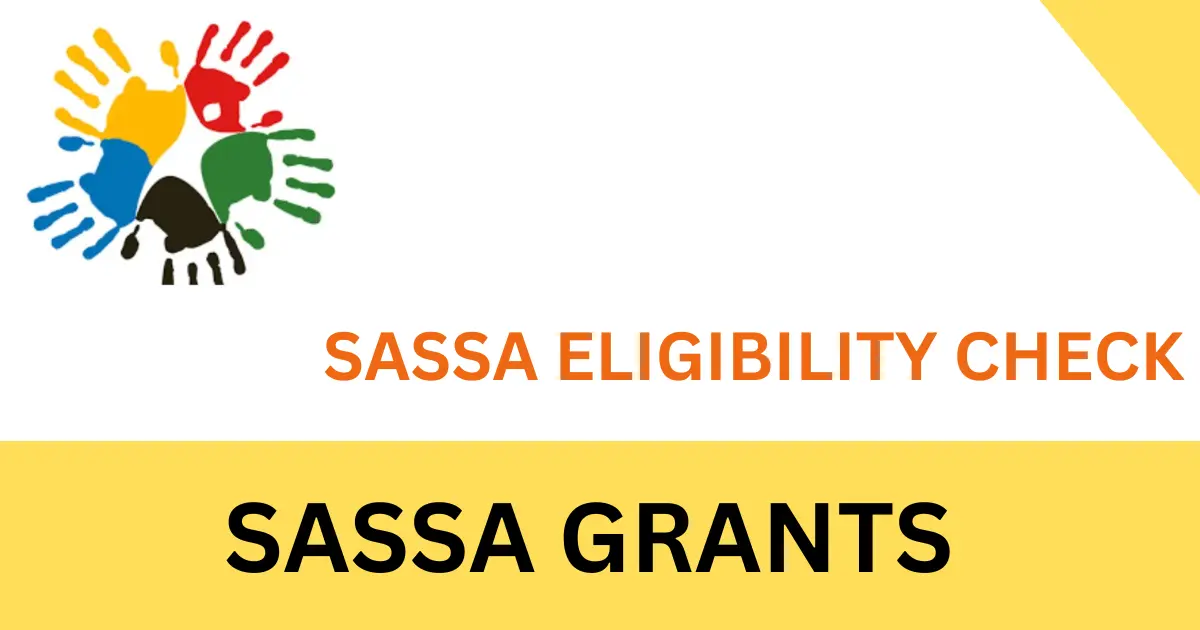
SASSA Social Security Aid Grants
SASSA South African Social Security Agency pays 19 million South Africans grant payments in 2024. It is a result of taxes paid by the public. The total amount of almost R200 milliards is going to be distributed among the beneficiaries.
SASSA is able to provide millions with 8 different social grants . All of these grants have been developed in collaboration with Department of Social Development. SASSA began in , 2005.
What are the SASSA social benefits for 2024?
About SASSA
South African Social Security Agency SASSA was set up in 2005 to help combat poverty. It also aimed at improving the framework for social security. SASSA falls under the Department of Social Development. Its mission is to improve service delivery, eradicate corruption and enhance the Social Assistance System.
SASSA is governed by two acts: the Social Assistance Act of 2005 and the South African Social Security Agency Act of 2005.
It makes sure that those who are in need receive financial assistance efficiently and with transparency. It was a strategic step to enhance accountability, streamline processes and improve the socioeconomic status of South Africa’s vulnerable communities.
SASSA Social Security Subsidies in 2024
SASSA provides different types social grants for various types of people, including those with disabilities. This article will provide information on the various grant categories, eligibility requirements, and benefits. South Africa provides programs for Social Welfare as well, to ensure the welfare of its citizens.
1- Social Relief of Distress special COVID-19 grant R370
SRD R370 grant or Special COVID-19 grants are among the most common and valuable social SASSA awards.
Section 32 Social Assistance Act (Act No. 13 of 2004) provides for the SRD R350 Grant to be given in response the COVID-19 disaster in May of 2020. 13 of 2004). Mzansi Citizen, Abantu seeking Refuge, Special permit holders and AsylumSeekers between the ages 18 and 60 are all eligible. This grant is designed to provide financial support during hard times. It offers R370 each month.
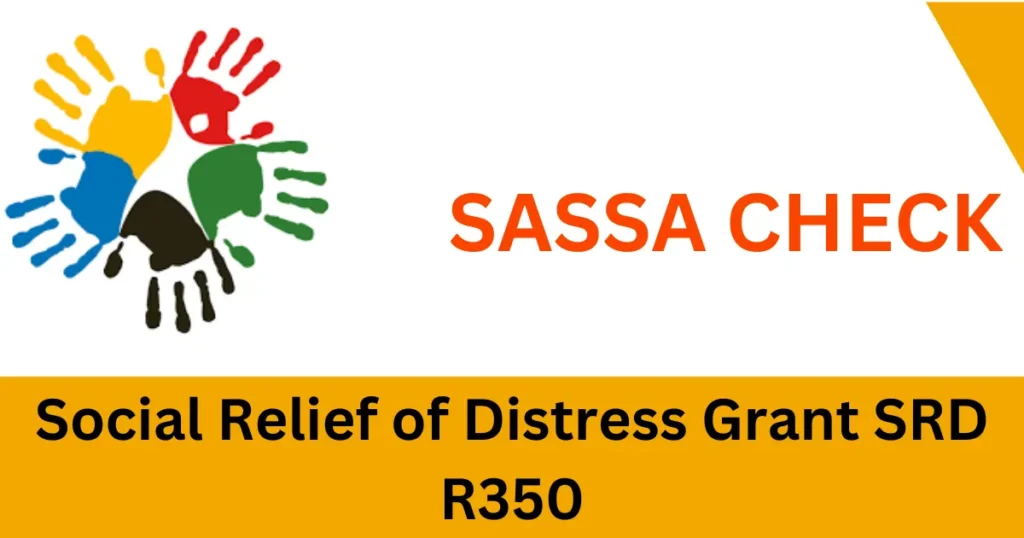
The Eligibility Guidelines for 2024
- The Home Affairs data base must record the application.
- It is recommended that their monthly earning should not exceed R624.
- These people should not be eligible for any other type of government grant (such child support payments or old-age grants).
- The breadwinner must be out of work.
2- Child Support Grant (CSG):
Launched in 1998, the Child Support Grant provides financial assistance to children under 14 years of age in Mzansi. The Child Support Grant ensures our most vulnerable children receive the support they need.
The monthly allowance for the children is R530 plus an additional R250. This helps to ease financial pressure and allows them access to basic needs such as education and health care.
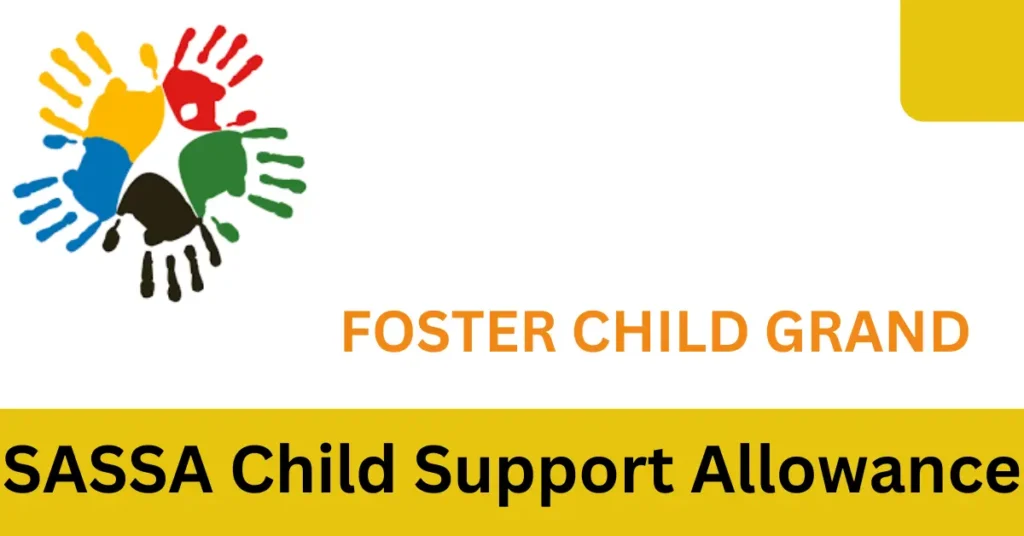
Eligibility for 2024
- The children must be younger than 14 years old.
- You must be able to demonstrate that you are financially poor.
- The guardians must be South African residents.
- The applicant should not receive any other grants from the government for that child.
- You may need to provide proof of guardianship or financial standing.
3 Older persons Grant
Older Persons Grant was established in South Africa during the 1920s and is one of their most prominent social welfare schemes. This grant, which is designed to assist elderly citizens in their daily lives, provides vital financial assistance for those 60 years and older.
A monthly stipend is paid to those below 75, and R2,200 for individuals over 75.
This grant provides a valuable resource to assist elderly persons in meeting their economic needs.
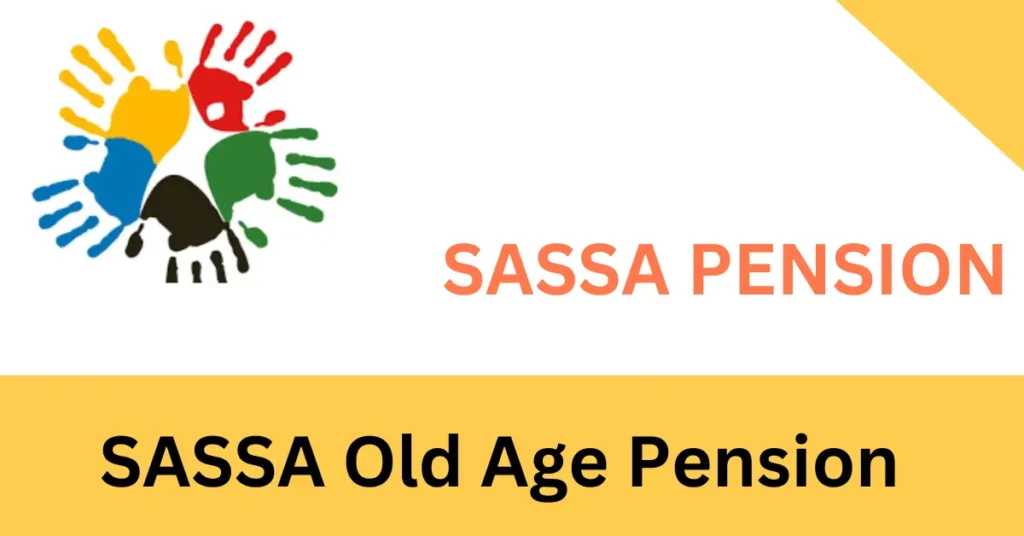
Eligibility by 2024
- Candidates must be aged 60 or over.
- Candidates must be residents in South Africa.
- It is a means-tested grant, so the applicant’s assets and income will be considered. Income thresholds and asset limits are flexible, but may fluctuate.
- Applicants are not eligible for any other government social grant.
- Fill out an application and provide all the documentation required at your nearest SASSA.
- A valid South African Identity Document or any other form of acceptable identification must be provided by the applicant.
- If you want to get the grant money, then you must have a banking account. SASSA offers assistance in opening an account.
4- Foster Child Grant (FCG):
Foster Child Grants offer financial assistance to foster parents, children, and families. The monthly payment for the grant is R1,180. SASSA offers direct bank deposit and the option to pick up payments from their office.
In order to keep the grant, Foster Parents must make a court application every 2 year. In the event that they are unable to provide proof of disability and low income, their grant payments may be cancelled.
Availablity 2024
- Only those under the age 18 are eligible to apply.
- Prove that you have foster parents.
5-Disability Grant :
SASSA Disability Grant, a R2,180 monthly payment designed to assist disabled South Africans. This vital assistance is not available to many of the disabled in South Africa, including those living in some of Johannesburg’s poorest areas.
According to an University of Johannesburg 2010 study, more than 61% of disabled people are not aware of this grant. Because of the inability to receive income and assistance, these people are living in substandard conditions.
There is an urgent need to increase awareness of and access to the SASSA Disability Grant in order for all individuals eligible to receive the assistance they require.
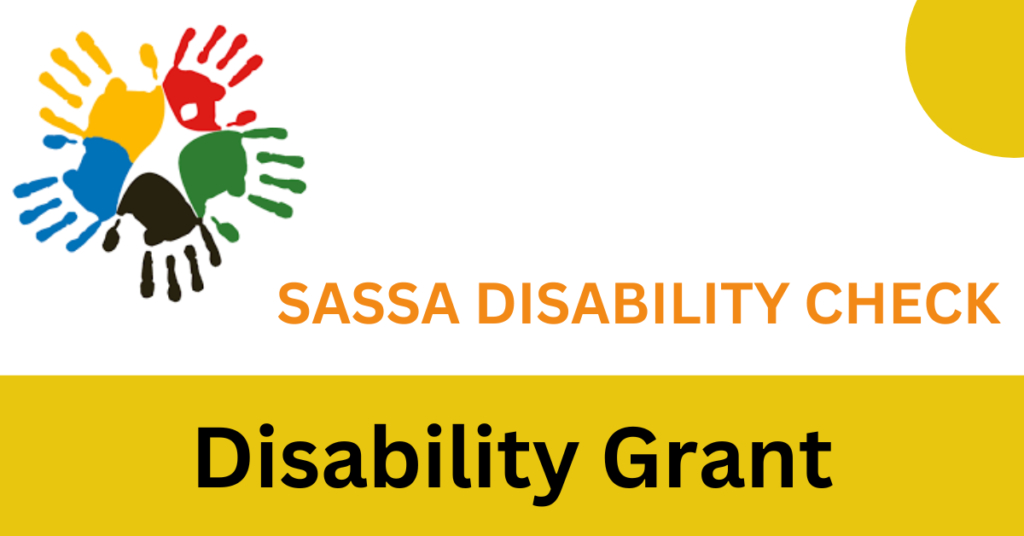
Eligibility by 2024
- The extent of the disability must be determined by a thorough assessment performed by qualified health care professionals.
- All South African citizens and permanent residents will be eligible to receive the grant.
- Applicants who need financial help must prove that they meet a set of financial requirements.
- If you are eligible for Disability Grant, your age must range between 18 to 75.
8- Grant-in-Aid:
It is not a grant in its own right, but an extra to the SASSA grants for old age, disabilities and veterans. This grant will provide an extra R500 each to three SASSA grant-holders. This grant is intended to offer extra care and assistance to SASSA recipients.

Eligibility:
- This grant is available only to those who are eligible for the old-age, disability, and war veteran grants.
- You should use it for people who need help with everyday tasks such as bathing, cooking or cleaning.
SASSA Social Grants Benefits
Poverty Reduction: SASSA grants are a vital part of reducing poverty, as they provide financial support to families and individuals who cannot help themselves.
Access to Healthcare is Enhanced: Grants like the Disability Grant or Older Persons Grant make it easier for recipients to access healthcare services and medication, improving their health and overall well-being.
Education Support Grants such as the Child Support Grant help to ensure that children in low-income families have access to an education. By assisting in school-related costs such as uniforms and books, we can promote educational equity.
Economic Empowerment Social grants provide a stable income stream that empowers recipients to be more active in the economy. The grants also encourage local businesses, which contributes to the growth of the economy.
Improved Food Security: The social grants help recipients purchase nutritious food, reduce food insecurity and improve dietary intake for vulnerable populations. It also promotes better health and well-being.
Reduced inequality: Grants reduce socio-economic disparities through financial assistance to economically marginalized people. This promotes greater social inclusion and equality within the society.
Social inclusion: Grants to individuals with disabilities and older people enable them to participate in community activities. This fosters a feeling of belonging. These grants allow marginalized groups to interact with others and promote dignity and inclusion.
Better Child Well-being: Child focused grants ensure children receive essential support to meet their physical, emotional and educational needs.
Relief of Financial Stress: Social Grants relieve recipients of financial strain, allowing them to concentrate on improving their life quality.